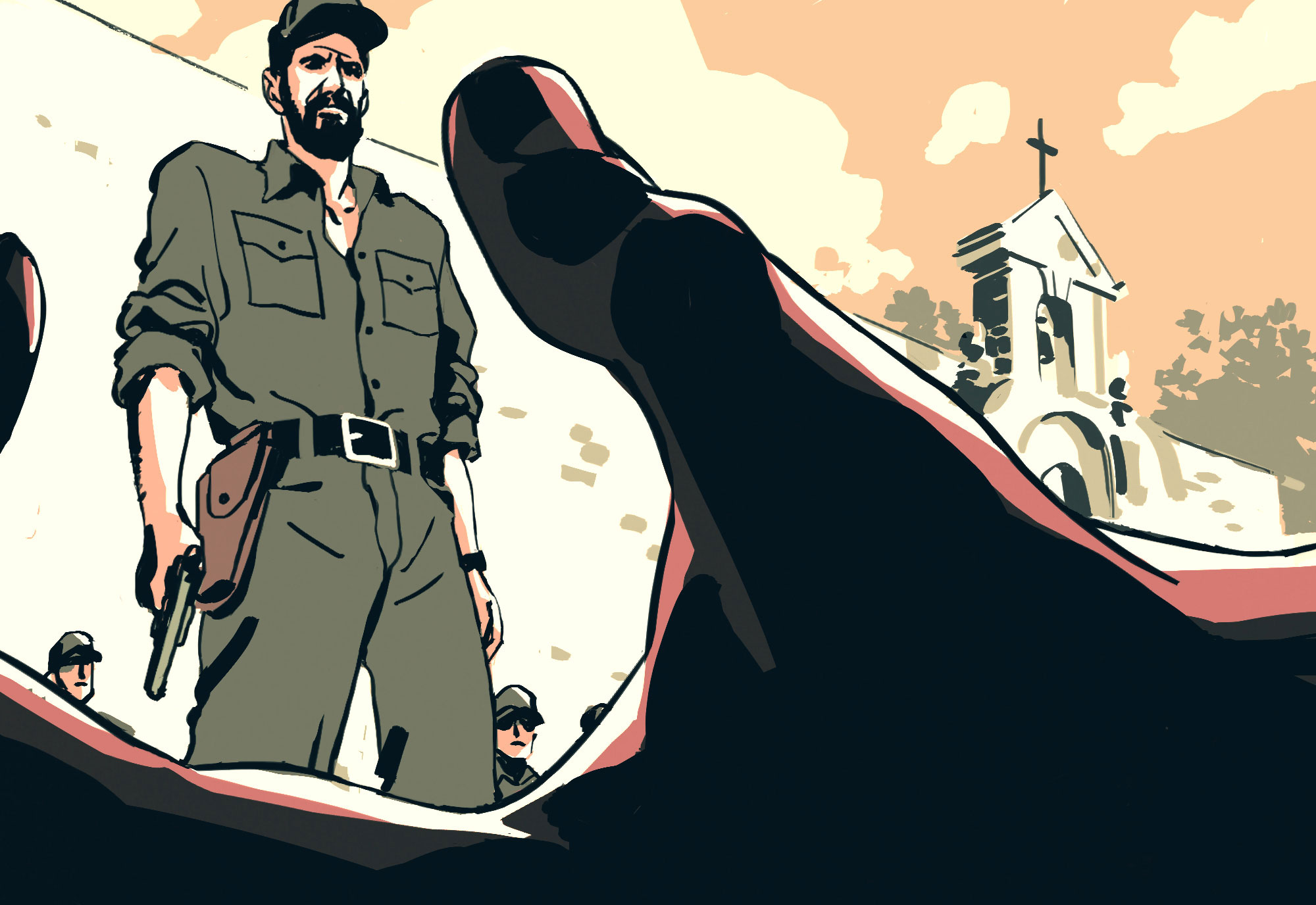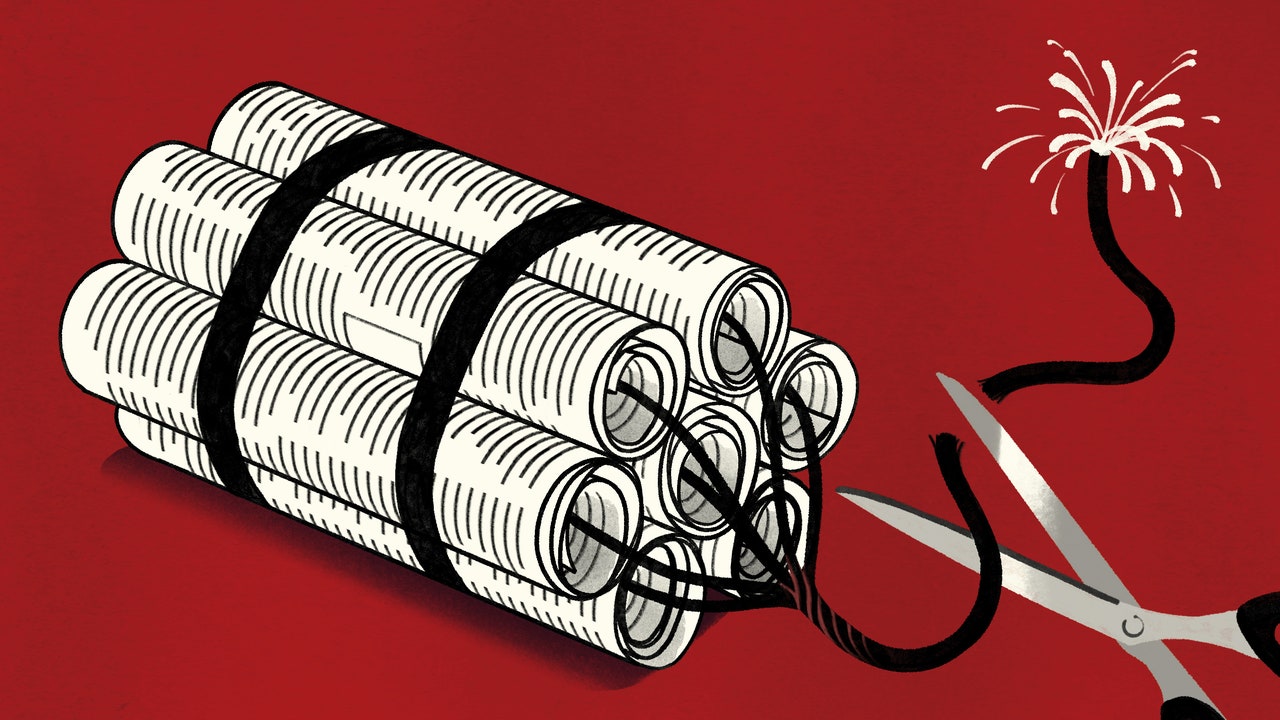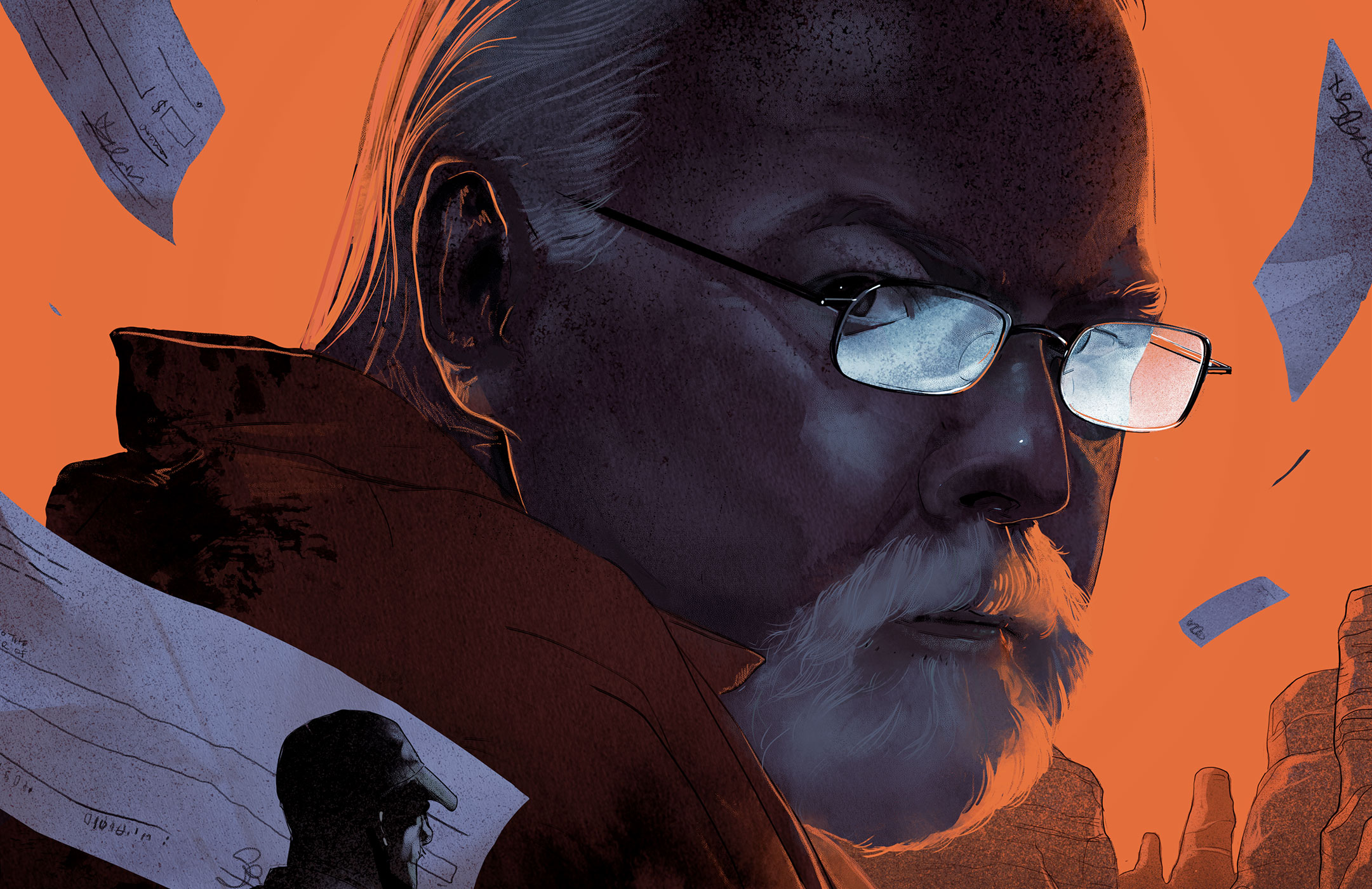What Happened to Gun Culture
During the past three decades, it became one of the most dangerous elements of the right. How much of that can be blamed on the N.R.A.?
via The New Yorker: https://www.newyorker.com/culture/annals-of-inquiry/what-happened-to-gun-culture
At first, when the young buyers started showing up in the marketing data, old-timers at Kimber and elsewhere made fun, calling them “couch commandos” and “tactards.” But, quite quickly, it became apparent to Busse that this group was driving sales. Domestic manufacturers eventually applied a “desert tan” finish to guns sold for hunting or self-defense, to mimic what was on the battlefields. “I called big accounts to see what was selling,” Busse writes. “The answer was clear: ‘Anything in desert tan.’ ”









